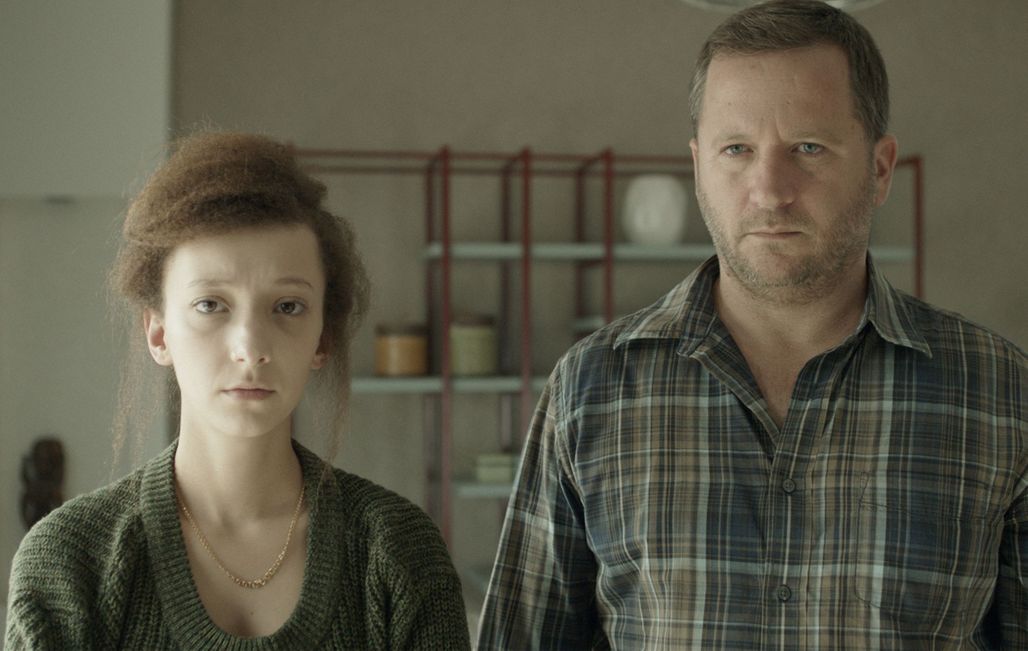
Me’ever Laharim Vehagvaot, interview with Eran Kolirin

Me’ever Laharim Vehagvaot (Beyond The Mountains And Hills) is the third film by Israeli director Eran Kolirin, and tells of the difficult homecoming of an Israeli soldier discharged after 27 years in the army.
Tell us how the film came about…
As strange as it may seem, the idea for the film came to me when I was trying to write a screenplay adapting the story of King David and Bathsheba from the bible. Looking back, I no longer see any connection between the two films, except perhaps the protagonist's name.
What was the atmosphere like on set?
What I loved about making this film is that I totally abandoned my usual way of working. For the first time, when directing, I simply went with what seemed to be working well, without any preconceived notions. I think that this approach contributed to the welcoming and open atmosphere on the shoot.
Could you tell us a bit about the actors?
Alon Pdut, who plays David, was in the first TV movie I directed. I think that in his acting he personifies a sort of peculiar contradiction between brutality and fragility. His emotions are always visible, a bit like those of a child, and I love that about him. He plays the part of a man, with the heart of a little boy.
Shiree Nadav, who plays Rina, is a magical actress, very delicate and subtle, always focused on the smallest nuances of her role. I think that with a lot of other actresses this part could have turned into a cliché, but she made it wonderfully human.
When it comes to Mili Eshet, who plays the role of Yifat, even in my wildest dreams I never imagined an actress as intelligent and pure. I think she evokes a certain mystery, which for me is the most important virtue that an actor can have. And her emotional maturity is well beyond her years.
Finally, Noam Amber, who plays Omri, is sweet and sensitive. He’s like a little bird in an adult’s body. He was a real discovery for me.
“The problem is the presence of slightly fascist authorities in government…”
How do you feel about the film industry in your country?
I don't really know if the term “industry” is appropriate…. “a few people who make films” seems more apt! I think that from an artistic point of view, there is no doubt that the production has been impressive in recent years. The problem is the presence of slightly fascist authorities in government, who try to influence the making of films for political gain.
What are your influences?
Music. I tend to draw inspiration from what I hear. For this film, I'd been listening to Israeli music for almost a year. Popular classics that are very beautiful and very complex, almost tragic, resonating like a prophecy.
Could you tell us a little about your next project?
I am about to start filming Let There be Morning, an adaptation of Palestinian author Sayed Kashua's novel of the same name.


